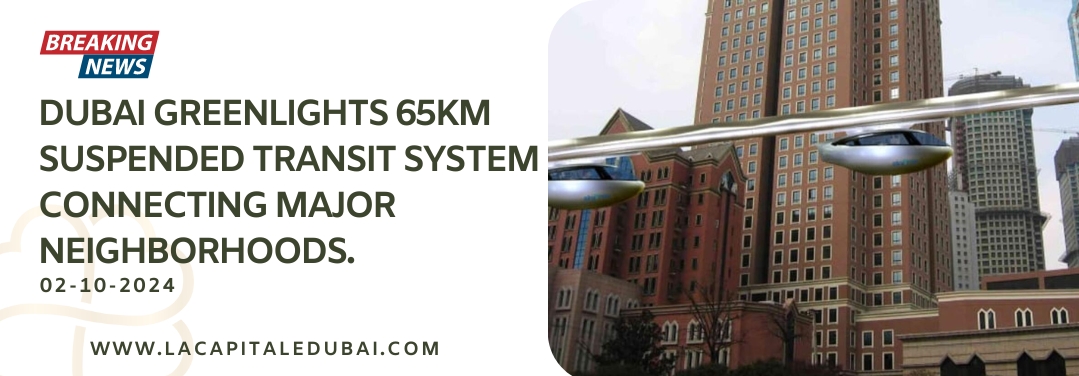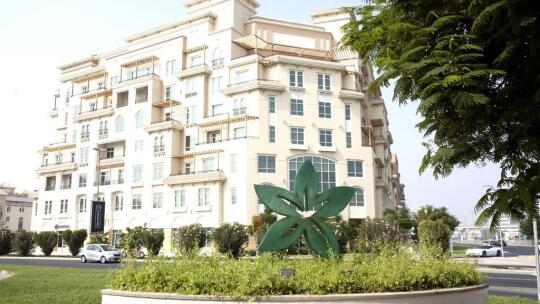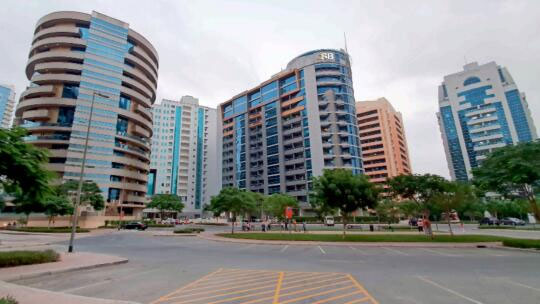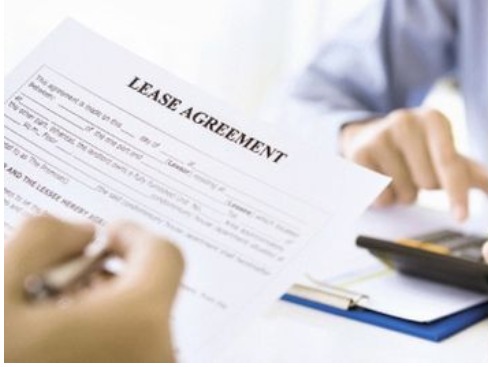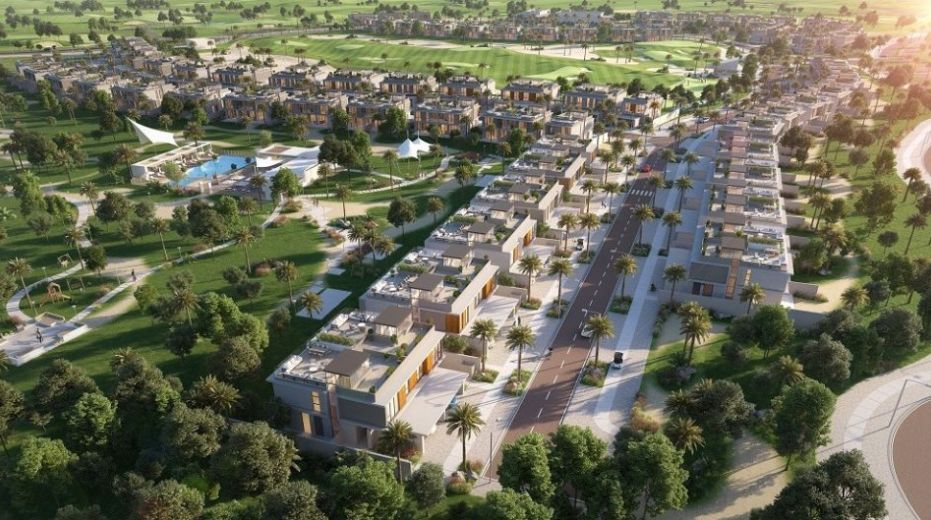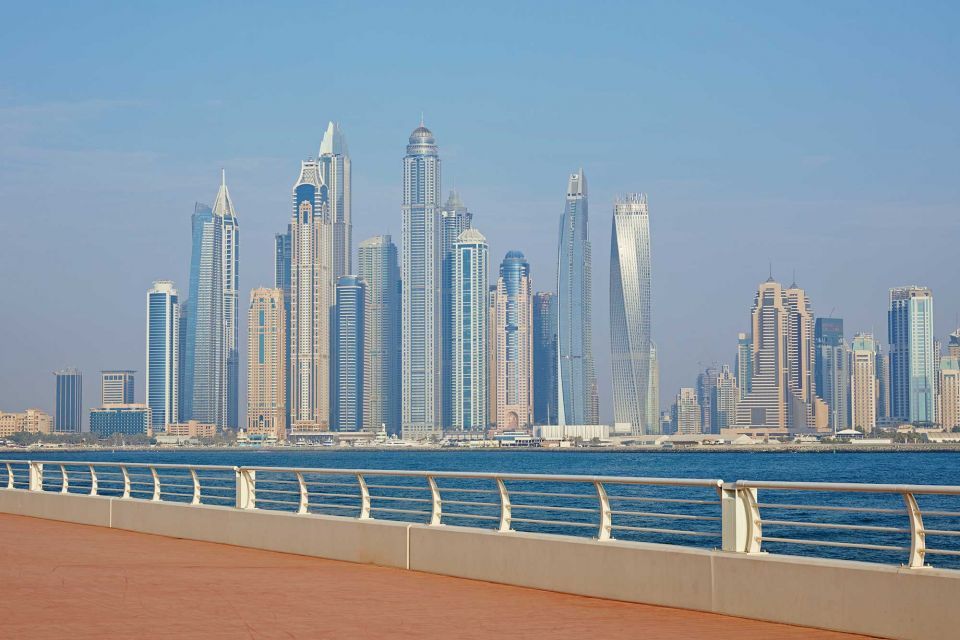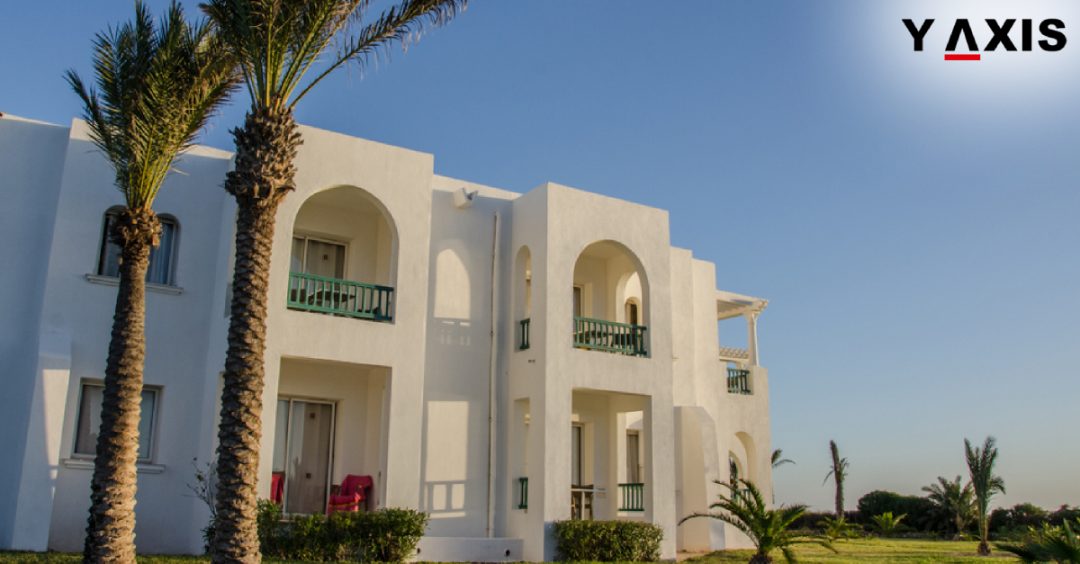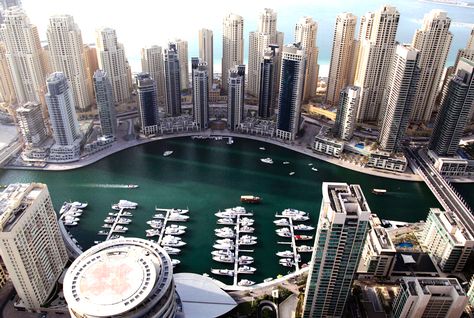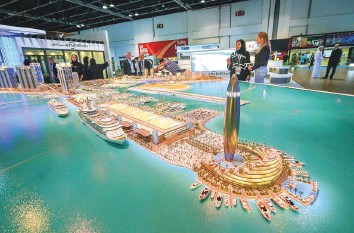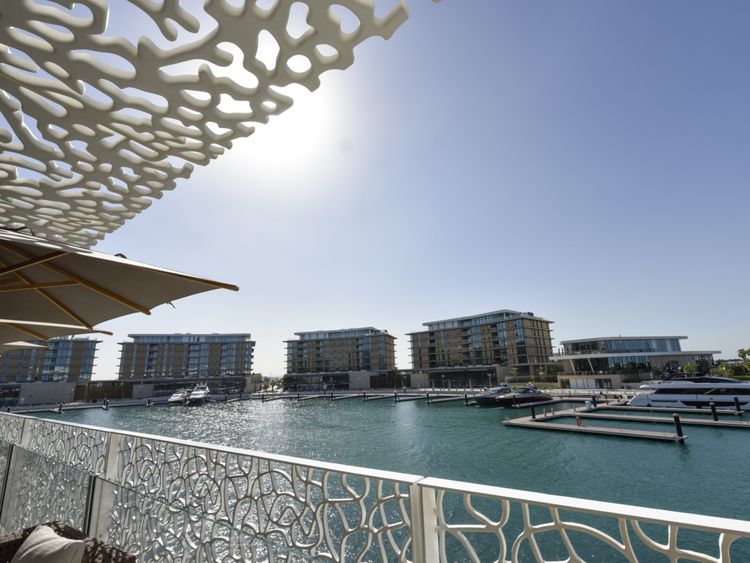Dubai realty market: Off-plan sales positive despite pandemic apprehensions
Like other sectors, the real estate sector too is suffering from loss of income stream
By Hina Navin, Thomson Reuters Projects News
Like almost every industry, Dubai real estate market is also affected due to the current COVID-19 outbreak. However, property transactions, both off-plan sale and resale, took off on a very positive note in the first quarter of this year.
Citing Datafinder/DLD figures, Rajiv Ghanekar, Senior Real Estate Broker, at Keller Williams Real Estate Dubai, told Zawya Projects: "Off-plan sales registered a 60 percent jump in the number of transactions in February 2020 compared to the same period last year, from 1,708 in 2019 to 2,746 in 2020."
Moreover, there were 1,474 off-plan primary sale transactions in March 2020 against 1,888 in March 2019.
H&S Real Estate Dubai, a property firm that is part of Haqsons Group, had made transactions till March until the announcement of lockdown.
"Sales-wise, the first quarter of 2020 was almost as good as 2019 first-quarter, wherein we have sold close to 500 million UAE dirhams ($136 million) worth of off-plan properties," Emad Haq, vice chairman of Haqsons Group told Zawya.
"The market was already offering excellent purchase opportunity, so, the first quarter was extremely good for us. It's only towards the very end of March, due to the lockdown that things have slowed down," he added.
New launches
Atif Rahman, Director and Partner, Danube Properties, pointed out that the market has been slightly slow, but they had launched a new project just before the announcement of the lockdown and sold 75 percent of the inventory within four days of the launch.
"We have sold out all our projects at hand until January 2020 and delivered our 300 million dirhams ($81.7 million) project, Resortz, in the market. Then, we launched a new project, Olivz, a 400 million dirhams ($109 million) cluster of five buildings scheduled for delivery in April 2022. We launched Phase 1 comprising 399 units in March 2020 and sold 280 apartments in just four days after the project launch, a very rare feat under the current circumstances," he said in an email interview with Zawya.
The biggest challenge the real estate sector is facing is the loss of income stream, he noted.
"This will force people to freeze their decision of any additional expense. There are people and businesses that are already affected financially, and the balance will want to go on reserve mode at this point in time. We also have customers who have concluded their purchase but are struggling to transfer funds due to the lockdown."
Buyers first
"Real estate is a premium asset class that, like some other asset classes, gets massively impacted," said Riyaz Merchant, CEO of Realty Force Real Estate Brokers. "It's not an immediate priority for someone to be buying a property, or a car or a watch."
"We have closed a few deals just prior to the lockdown... But at this current moment, buyers have other priorities like school fees, rent if they are renting a place or service fees if they own a property, or paying the EMI on loans."
"Moreover, real estate is a contact business; we need to meet with buyers, sellers, renters, house owner and almost everyone in quarantine or self-isolation, with minimal or no contact. Hence, it becomes difficult to transact because even if someone is potentially interested, he could delay or postpone his decision until things come back to normal."
"Transaction will always happen but not to the pace we want or the expectation we desire. It will impact our business in the short or long term depending on how long these circumstances will last," Merchant said.
Nick Grassick, Managing Director, PH Real Estate, said his company is seeing transactions in resale off-plan sector.
"The developers' direct sales will be impacted subject to their need for liquidity, effectively determining how flexible they are to considering lower offers. Similarly, off-plan resale opportunities are largely determined by the sellers' motivation; if a seller is sufficiently flexible to an offer, we can secure a buyer."
Developers lure
In Dubai, developers have been offering competitive post-handover payment plans plus DLD fees waiver and maintenance charges free for a couple of years. Haq added that, "due to the current situation, developers' schemes now include differed instalments and big developers have even waived any late payment charges. You can see that the developers are going hand in hand with the leadership of the UAE to make sure that we all come out stronger from this."
Kunal Puri, Founder & CEO, La Capitale, said that most of the companies had seen surge in transactions since October 2019.
"Property price also dropped marginally (1%) between January and February 2020 as compared to 2019 and 2020 had started on a very positive note for all," he said via email.
However, amidst COVID-19, the transaction process has wholly gone digital. "Developers have quickly transformed and provided a lot of virtual tools. There are 360 virtual tours to construction updates to signing online documents and even online transfer to escrow account.:
He also observed that there has been a significant slowdown in new launches with developers mainly putting up previously unsold inventory to investors.
"Once we all are out of COVID-19, we are expecting a steady recovery of the market. However, due to the current situation, the target market has shrunk; so the future focus will be on niche markets, which lies above the normal affordability level," Puri added.
Risk and opportunities
Haq predicted that there will be a huge surge in buying in the coming months. "Whomever we are speaking to now are saying that they want to buy but are monitoring the current situation. Once this pandemic is over, there will be a massive influx of property purchasers in Dubai," he said.
Ghanekar added that this is already a buyer's market with ongoing offers, backed by post-handover payment plans, waiver of service fees, but these won't be enough to lock a sale today.
"As the risk element shoots up, buyers will look for extra rewards," he said.
Given the apparent drop in the volume of transactions, Ghanekar suggested brokerage offices must now take a boutique approach towards their business and serve their core clients and focus in their areas of specialisation.
"This is the time to build up those inventories, fix up the systems and processes and communicate more often," he added.
(Reporting by Hina Navin; Editing by Anoop Menon)
(anoop.menon@refinitiv.com)
© Thomson Reuters Projects News 2020




.jpg)
.jpg)
.jpg)
.jpg)
.jpg)
.jpg)
